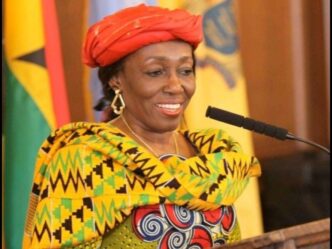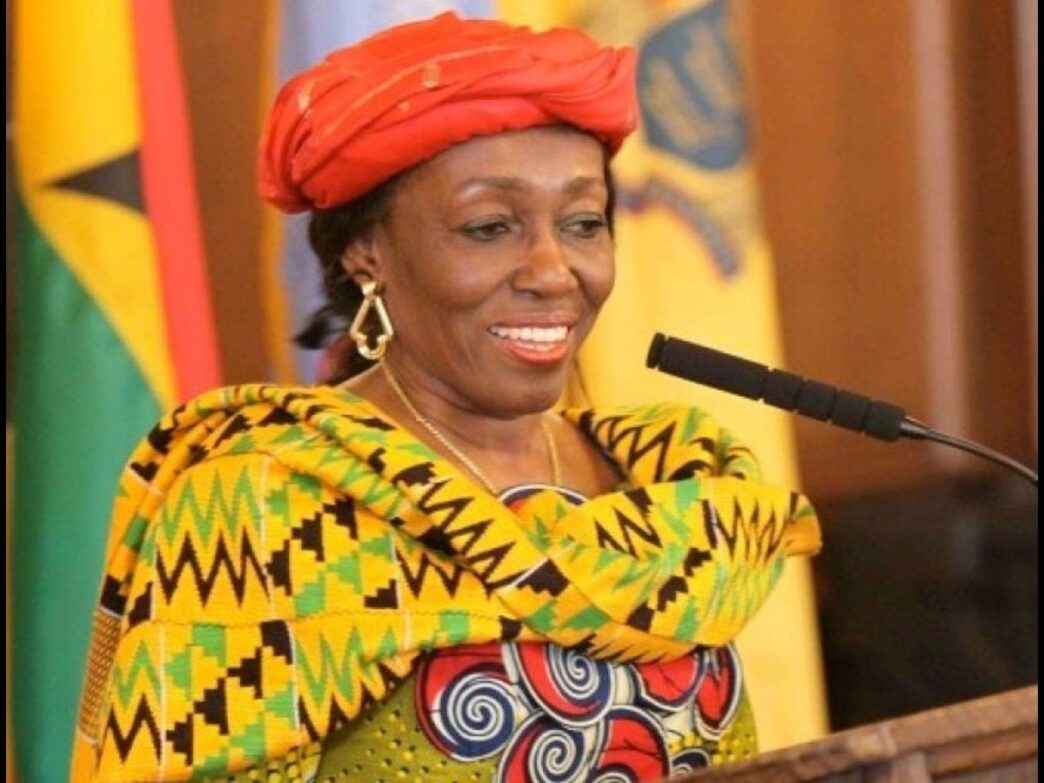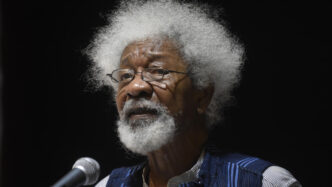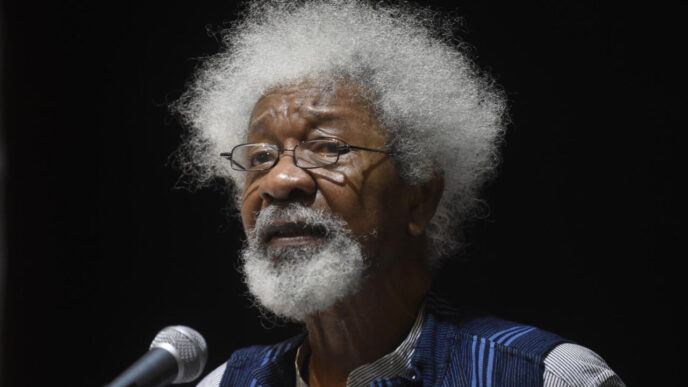Ghana has been struck with grief following the unexpected passing of former 76 years old First Lady Nana Konadu Agyeman Rawlings at the Ridge Hospital in Accra.
Sources close to the family confirmed her death on Thursday evening.
Nana Konadu, the wife of the late former President Jerry John Rawlings, was Ghana’s longest-serving First Lady.
Her family and close associates are said to be devastated.
“She made history in 2016 as the first woman to contest the presidency of Ghana,” a family source recalled, describing her as a “trailblazer and a fearless advocate for women and the youth.”
Serving across both military and civilian administrations, Nana Konadu Agyeman Rawlings played a unique role in shaping Ghana’s political history.
She held the position of First Lady from June 4, 1979, to September 24, 1979, under the Armed Forces Revolutionary Council (AFRC).
She returned to the same role from December 31, 1981, to January 6, 1993, during the Provisional National Defence Council (PNDC) regime.
Moreover, she continued as First Lady during her husband’s two constitutional terms from January 7, 1993, to January 6, 2001.
Her long tenure made her one of the most visible and influential figures in Ghana’s modern era.
Beyond her role beside the former President, Nana Konadu was a pioneer in women’s rights and empowerment.
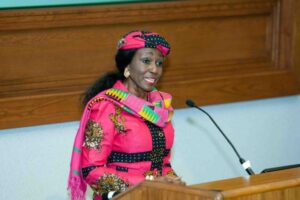
She founded the 31st December Women’s Movement, an initiative that empowered women economically and socially across Ghana.
Her leadership inspired many and laid the foundation for gender advocacy in politics.
In addition, she established the National Democratic Party (NDP) in 2012 after splitting from the National Democratic Congress (NDC).
Although she was disqualified by the Electoral Commission that year for not meeting filing requirements, she remained undeterred.
She went on to contest the 2016 presidential election, demonstrating her resilience and determination.
In November 2018, Nana Konadu released her first book, It Takes a Woman, a 331-page biography reflecting her personal and political journey.
The book was the first of four volumes she planned to write, offering what she described as “deep insights into her political activism and experiences.”
Furthermore, the publication showcased her unwavering commitment to storytelling and preserving the legacy of Ghanaian women in politics.
Meanwhile, her influence extended beyond politics into philanthropy and youth development.
Funeral arrangements are yet to be announced by the family.
However, discussions are already underway to honor her memory through the institutions and causes she championed.
